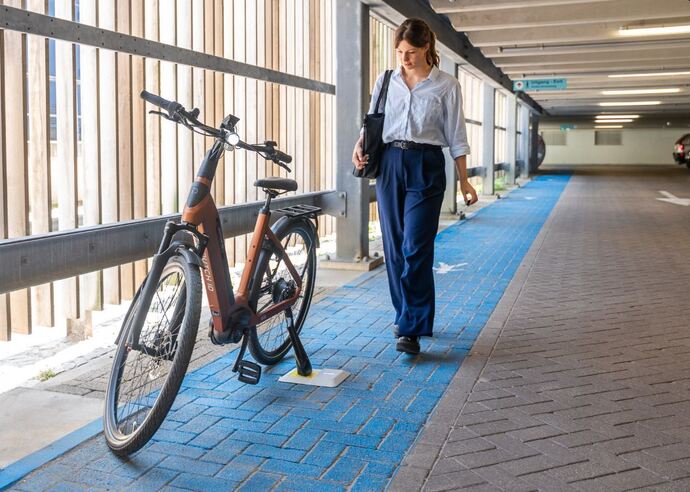Relaxed hours for HGV drivers will increase road danger
July 8, 2021

In response to a shortage of HGV drivers that threatened to lead to empty supermarket shelves, the government has decided relax rules this month for how long lorry drivers can work.
According to the transport secretary, Grant Shapps on Twitter this week: "We’re aware of a shortage of HGV drivers, so I’m announcing a temp extension of drivers’ hours rules from Mon. 12 July, giving flexibility to drivers & operators to make slightly longer journeys. We’ve ramped up the number of driving tests available & will consider other measures.”
The shortage in drivers is thought to be due to foreign workers returning home during lockdown and new immigration controls following Brexit. As a result the government earlier this month held emergency talks with Britain's biggest food companies. Premier Foods considers the situation so grave that it called on the government to consider using the army to distribute goods.
However, the decision to relax rules for how long HGV drivers can work will undoubtedly increase the danger on our roads. While it's not possible to calculate the exact number of sleep related crashes, according to RoSPA driver fatigue may be a contributory factor in up to 20% of road crashes, and up to one quarter of fatal and serious collisions.
One day we may look back and wonder how 40-ton lorries were ever allowed to rumble through our villages and city streets. Though they make up only 3% of vehicles, lorries account for one quarter of Europe’s road transport emissions - a figure that's expected to grow as traffic increases further. On top of that, heavy goods vehicles are involved in a disproportionate number of fatal crashes.
Can any HGV be safe for cyclists?
At the moment, the answer unfortunately is no. The best single piece of advice for cyclists in towns and cities is to be hyper aware of lorries at junctions and give them a wide berth whenever possible. It’s an example of the defensive riding that can help keep you safe, but why should the onus so often be on vulnerable road users?
Until we have the high quality infrastructure, road policing and legal framework to transform streets into places designed for people rather than motorised traffic, there must at the very least be strict standards for the Heavy Goods Vehicles (HGVs) that operate on our roads to benefit cyclists and pedestrians. Extending drivers' working hours is a retrograde step.

"In more than 60 per cent of European cities, HGV movements are restricted"
Speaking to the Telegraph some years ago, Chris Boardman - a man who always talks sense about cycling - said: “I think their use in cities needs to be managed. In more than 60 per cent of European cities, HGV movements are restricted. In Paris, for example, there are no articulated vehicles in the centre of the city and there were zero cycling deaths last year. There is huge evidence in favour of it. These things are not happy bedfellows for cyclists. They should be restricted and it can be done. All those cities across Europe that have done it seem to be working fine. The Mayor told me he would look into it. I don’t know whether he has, but I certainly can’t see any action.”
The ethical choice
The ETA was established in 1990 as an ethical provider of green, reliable travel services. Over 30 years on, we continue to offer cycle insurance , breakdown cover and mobility scooter insurance while putting concern for the environment at the heart of all we do.
The Good Shopping Guide judges us to be the UK's most ethical provider.

Information correct at time of publication.







